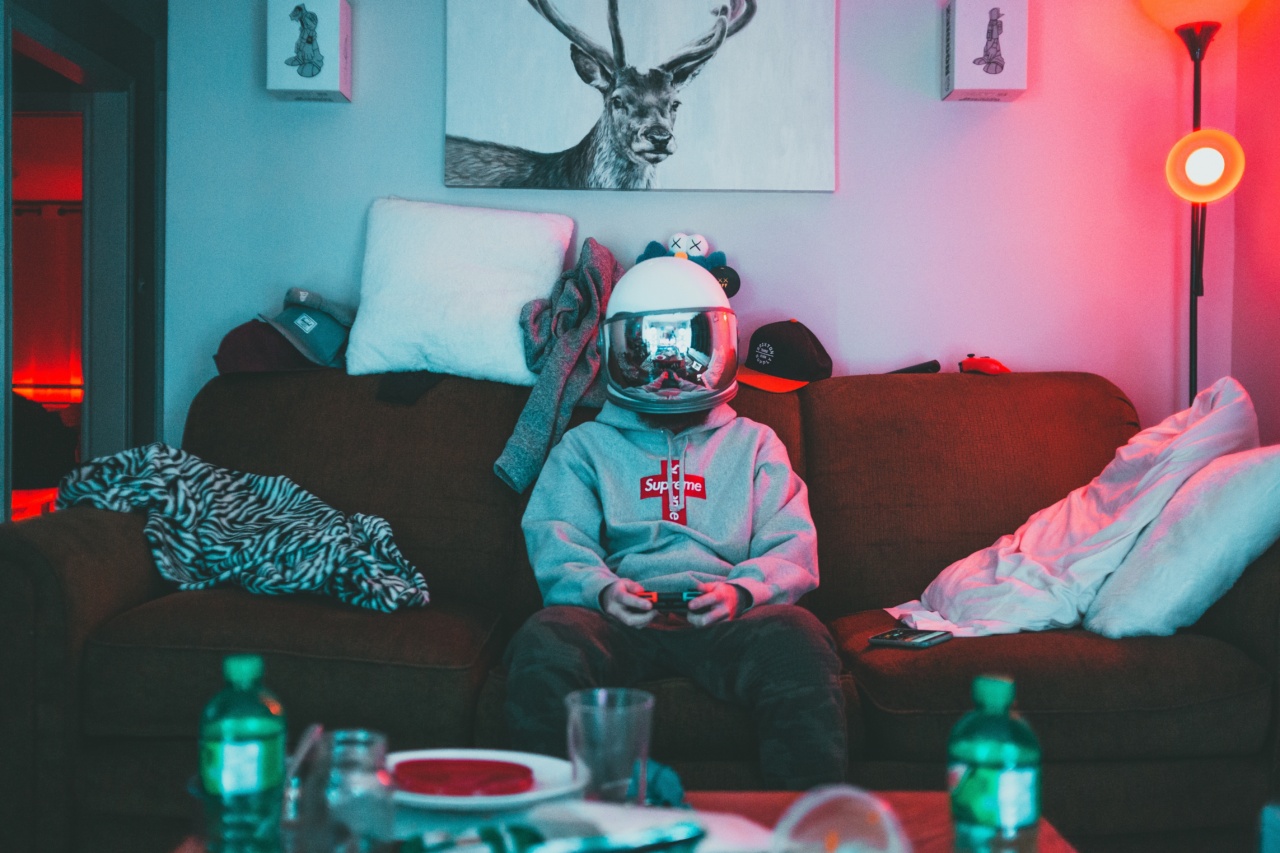Bipolar disorder, also known as manic depression, is a mental illness that affects millions of people around the world. It is characterized by episodes of extreme highs (mania) and lows (depression) that can last anywhere from days to months at a time.
These episodes can be extremely debilitating and can have a profound impact on a person’s ability to function and lead a normal life. While there is no cure for bipolar disorder, there are a number of treatments available that can help manage the symptoms.
In this article, we will discuss four critical symptoms to watch for if you suspect that you or someone you love may be suffering from bipolar disorder.
1. Extreme Mood Swings
One of the most common symptoms of bipolar disorder is extreme mood swings. People with bipolar disorder may experience periods of intense happiness and energy (mania) followed by periods of deep sadness and despair (depression).
These episodes can last for days, weeks, or even months at a time. During manic episodes, people with bipolar disorder may feel euphoric, have very high self-esteem, talk rapidly, have a reduced need for sleep, and engage in risky behavior such as drug use or reckless driving.
During depressive episodes, on the other hand, people with bipolar disorder may feel sad, empty, or hopeless, have a loss of interest in activities they once enjoyed, have trouble sleeping or sleeping too much, and have thoughts of suicide.
2. Impulsivity and Risky Behavior
Another symptom of bipolar disorder is impulsivity and risky behavior. During manic episodes, people with bipolar disorder may engage in impulsive and reckless behavior such as spending sprees, drug use, gambling, or risky sexual behavior.
These behaviors can have serious consequences and may lead to financial problems, legal problems, or health problems. People with bipolar disorder may also engage in self-destructive behavior during depressive episodes, such as cutting or substance abuse.
3. Sleep Problems
Problems with sleep are a common symptom of bipolar disorder. During manic episodes, people with bipolar disorder may have a reduced need for sleep and may feel like they don’t need to sleep at all.
During depressive episodes, on the other hand, people with bipolar disorder may have trouble sleeping or may sleep too much. Sleep problems can exacerbate other symptoms of bipolar disorder and can make it difficult for people with the condition to function in their daily lives.
4. Difficulty Concentrating
Difficulty concentrating is another common symptom of bipolar disorder. During both manic and depressive episodes, people with bipolar disorder may have trouble focusing, may be easily distracted, and may have difficulty making decisions.
This can make it difficult for them to perform well at work or in school, and can make it hard for them to maintain healthy relationships with others.
Conclusion
If you or someone you love is experiencing any of the symptoms listed above, it may be a sign of bipolar disorder.
While there is no cure for bipolar disorder, there are a number of effective treatments available, including medication, therapy, and lifestyle changes. If you suspect that you or someone you love may have bipolar disorder, it is important to seek professional help as soon as possible.






























